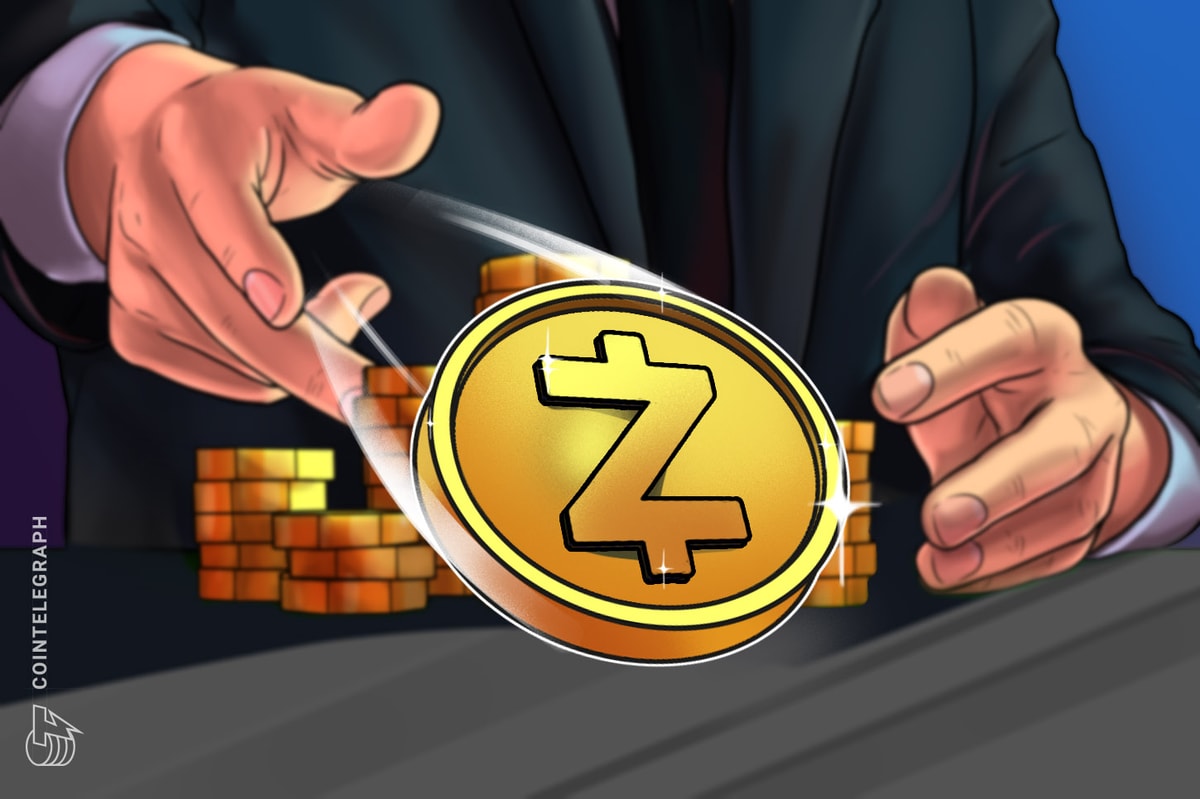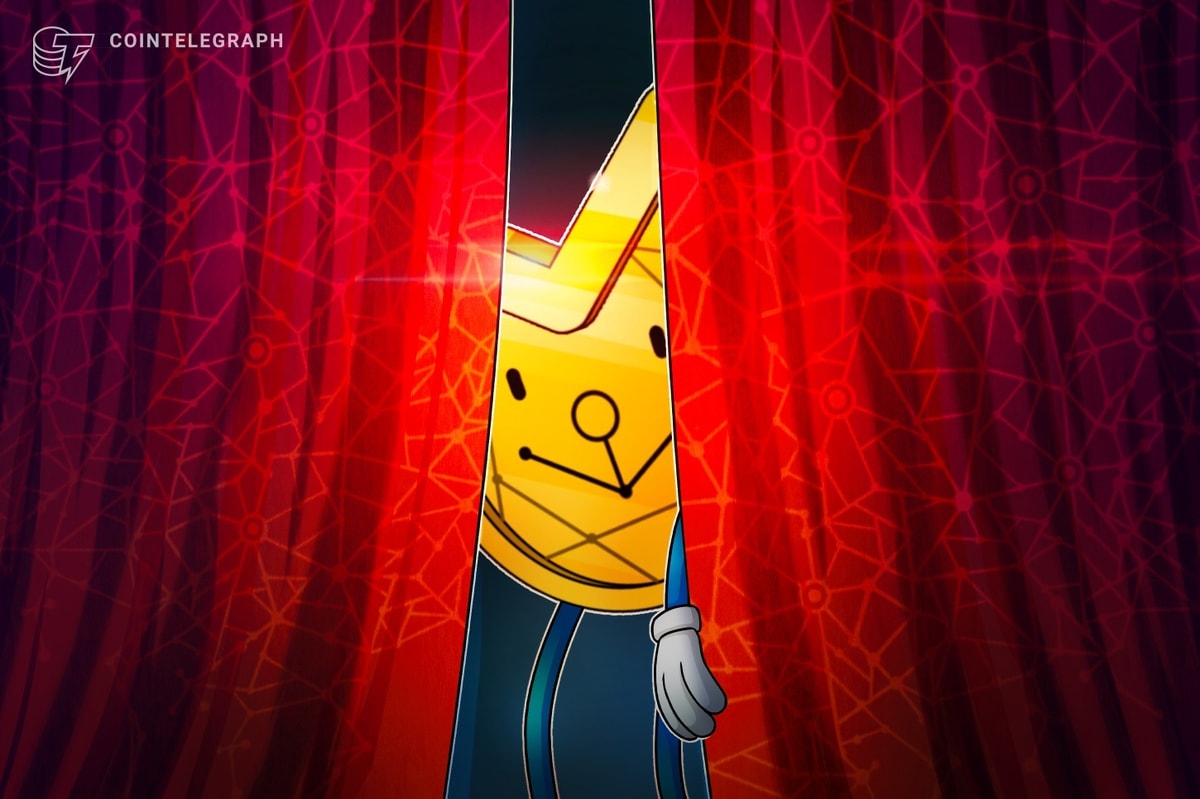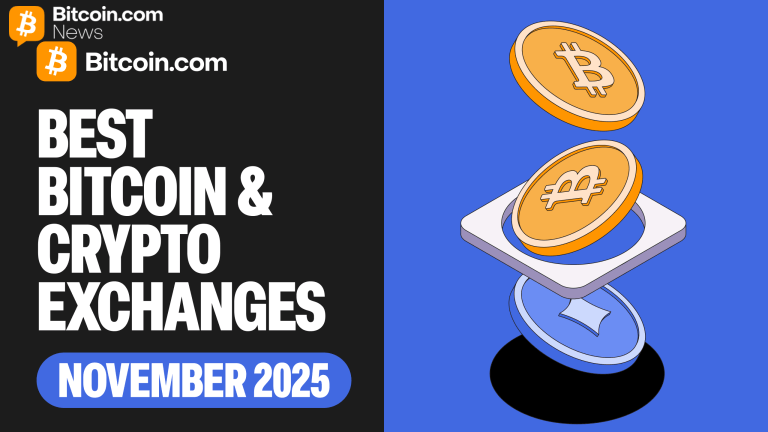Winklevoss twins bet on Zcash, privacy to combat AI threat
4 min read
The year 2025 will go down as the year of digital asset treasury companies. Michael Saylor’s Strategy and Tom Lee’s Bitmine have forged ahead with Bitcoin and Ethereum-based strategies, while a handful of alternative DATs have grabbed headlines.
Zcash (ZEC), the privacy protocol born out of a hard fork of the Bitcoin codebase in 2016, has been one of the big winners in 2025. Prominent industry advocates have been touting the importance of privacy-preserving cryptocurrencies, and Zcash has been the outright winner in terms of percentage price gains.
It seemed like it was only a matter of time before the ecosystem welcomed a Zcash DAT, and the Winklevoss twins beat competitors to the mark.
The Gemini co-founders announced the launch of Cypherpunk, which has raised $100 million to acquire ZEC for its treasury. Tyler Winklevoss said the company aims to accumulate up to 5% of the circulating ZEC supply. To date, Cypherpunk holds 233,644 ZEC.
Speaking exclusively to Cointelegraph during the Bitcoin Amsterdam conference recently, the Winklevoss twins said their newfound focus on privacy was driven by significant advancements in artificial intelligence over the past two years.
Related: The Bitcoin vs Zcash debate intensifies as ZEC reclaims $700 level
“We’re huge fans of Bitcoin. We’re hodlers, of course, and also huge fans of Zcash, which we view as encrypted Bitcoin. Bitcoin is where you store your value, and Zcash is where you transact or spend your value, and so we launched a DAT for Zcash, and we’re really dedicated to privacy and self-sovereignty this week to help mainstream these ideas,” Tyler Winklevoss said.
“The catalyst for Bitcoin was very much the financial crisis of 2008, and the catalyst for privacy is the dawn of the age of AI.”
Tyler Winklecoss remains convinced that Bitcoin (BTC) and Zcash will coexist and complement each other in the years to come. Bitcoin could potentially add significant privacy functions by adopting various opcode changes, but the twins said that Zcash could act as the privacy layer for transactions, while Bitcoin would continue to serve as an unrivalled digital store of value.
“I think the current world works with Bitcoin and Zcash. Ideally, Bitcoin would have added privacy in the early days, and maybe it will. I think a lot of cryptos are going to be adding privacy in over time. Bitcoin really proved out the concept of decentralization and non-government money in a big way. But there’s more work to be done,” Tyler Winklevoss said.
Cypherpunk back in vogue
While there has been overwhelming support for Zcash on X, critics have remained skeptical about the newfound fervor for the cryptocurrency. The protocol has been live since 2016 and some continue to question the narrative being pushed by major industry figures.
Cameron Winklevoss said that they had been “bullish on Zcash” since its inception nine years ago, while admitting that the protocol has hit a new inflection point in 2025, similar to what Bitcoin has experienced at various points in its 16 years of life:
“Bitcoin’s had a couple of different inflection points along the way. I think the first one we experienced was the ‘bail in’ in Cyprus in 2013. That sent Bitcoin up, I think over $100 in a very short period of time. I think the world took notice all of a sudden.”
The explosive evolution of AI is now creating a similar situation for privacy protocols, with Zcash hitting its own inflection point in recent months. Tyler Winklevoss said developers and advocates involved in the Zcash movement are growing increasingly positive about its future.
“The people who are excited about Zcash are also OG Bitcoiners and cypherpunks who were there in the early days. Zooko Wilcox, being one of the founders of Zcash, is an OG cypherpunk. I think it was just a matter of time,” he said.
“Crypto is not a zero-sum game”
The Winklevoss twins are renowned as two of the earliest adopters of Bitcoin on Wall Street. According to 2013 reports, the twins purchased 100,000 BTC, which was valued at around $11 million.
With Bitcoin trading around $120 per coin, it was a significant bet on the long-term potential of the preeminent cryptocurrency. In hindsight, it will go down as a life-changing decision for the brothers.
However, unlike other early Bitcoin OGs who remained true to BTC and denounced all other cryptocurrencies, the Winklevoss twins have had a more open mind to the myriad of protocols and tokens that have come to exist in Bitcoin’s wake.
Related: Can Zcash’s rise revive the Bitcoin OP_CAT discussion?
“We don’t view this as a zero-sum game where the pie is fixed. Bitcoin is obviously gold 2.0. It’s the soundest money in the world. But when Ethereum came along and started working on innovating programmability, which I thought was really cool, Bitcoin didn’t want to do that,” Cameron Winklevoss said.
“I don’t think that it’s taking away from Bitcoin actually, if it brings in people into the space, let’s say like engineers who want to work on smart contracts in Ethereum who weren’t excited about it with Bitcoin, then that’s really positive, because once you buy Ethereum, well, then you’re closer one step closer to buying Bitcoin,” he added.
The result is an evolution that continues to help the industry innovate, and the utility solves pressing problems in the past.
“Bitcoin obviously innovated with proof of work. Ethereum innovated with programmability and now Zcash with privacy. I like that innovation, I like to see that happen. I think all of it grows the whole pie, including the Bitcoin pie.”
Magazine: 2026 is the year of pragmatic privacy in crypto: Canton, Zcash and more





